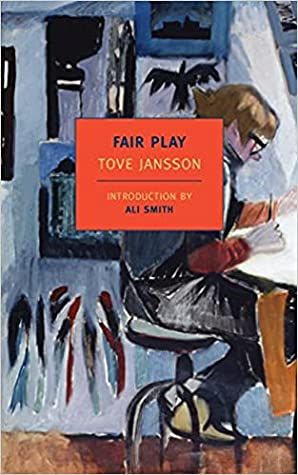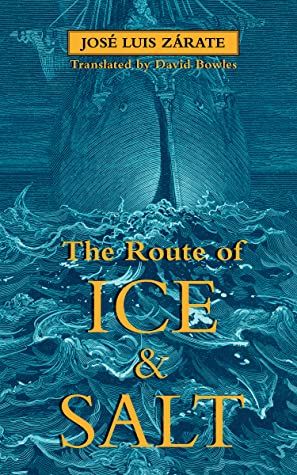
A Syracuse University alumnus and his family are trying to get a word invented in Central New York added to the dictionary.
Jonathan Krieger, who graduated from SU’s Newhouse School in 2007, knows it’s not an easy task. But it’s an important one, as he seeks to honor his father, Neil Krieger, who died of complications from Covid-19 last year.
Neil Krieger created the word “orbisculate” for a class assignment while he was a student at Cornell University in Ithaca, N.Y., during the late 1950s. According to the official website orbisculate.com, it’s primarily a verb, with two definitions:
- To accidentally squirt juice and/or pulp into one’s eye, as from a grapefruit when using a spoon to scoop out a section for eating. (Example: ”The grapefruit I was eating just orbisculated into my eye.”)
- To accidentally squirt the inner content from fruits, vegetables and other foods onto one’s face, body or clothing, or onto that of a person nearby. (“I made a mistake dressing up before I ate a grapefruit. It ended up orbisculating on my shirt and now I have to change,” Jonathan Krieger told CNN as an example last month.)
There’s also a related noun, “orbisculation,” which describes the fruit juice itself: “Hey, you have something on your shirt.” “Oh no! That must be from the orbisculation of the orange I had earlier.”
Neil Krieger, who taught neuroscience at the University of Pennsylvania and Harvard medical schools and later started a biotech consulting company, loved the word and used it his whole life. His own children, Jonathan and Hilary, heard it so often they thought it was a real word.
Jonathan Krieger said he doesn’t know exactly when he learned it was a made-up word, but Hilary, a Cornell alum who works as an opinion editor at NBC News, remembers losing a $5 bet with a college friend over whether or not it was in the dictionary.
Neil Krieger had chronic kidney disease and was undergoing dialysis when he tested positive for the coronavirus in late March 2020. He was hospitalized for a month, dying of respiratory failure and complications due to Covid-19, according to medical records, on April 29. He was 78.
Jonathan Krieger and his sister launched their efforts to get “orbisculate” in the dictionary as a way of both grieving and celebrating their father.
“It’s just fun, it’s light, and that’s something that I think people could use right now, as opposed to something that gets a bit more serious,” he told CNN last month.
A petition seeks to add the word to English-language dictionaries in future editions. More than 5,700 people have signed as of Wednesday night, Krieger told syracuse.com.
Krieger, 35, lives in Brookline, Massachusetts, and runs the virtual events company Long Distance Trivia. He published a book about his varied career in 2018, titled “Odd Jobs: One Man’s Life Working Every Gig He Could Find, from Bathroom Attendant to Bikini Model.”
He and Hilary also created a list of 50 goals to popularize the word, which is the most important step in getting in the dictionary. (”Orbisculate” is already on UrbanDictionary.com, but Merriam-Webster and other major publications are harder to crack.)
Of those goals, they’ve already achieved nine, including getting the word in a crossword puzzle, engraved on a grapefruit spoon, and said in a podcast. They also hope to get it in a song (preferably by “Hamilton” star Lin-Manuel Miranda) or used by a celebrity with a fruit-y name, like “CNN anchor Don Lemon, fictional ’30 Rock’ character Liz Lemon, or Syracuse University mascot Otto the Orange.”
Jonathan Krieger is aware that Otto doesn’t talk, but the anthropomorphic orange is active on social media and could always tweet about orbisculate or hold up a sign with the word on it.
Krieger’s girlfriend, Megan O’Hara, also designed a logo and t-shirts featuring a cartoon citrus to help spread the word.
“She’s a really talented artist that can hopefully get more people on board,” Krieger said.
Sales from the shirts are all going to charity. More than $2,500 has been raised to benefit Carson’s Village, a Dallas non-profit that helps families after the loss of a loved one.
“...It feels fitting to honor our dad in a way that’s unique, that captures his humor and creativity and shares those attributes with the world,” Jonathan and Hilary wrote. “We suspect that the mission we’re embarking on may take years; if we’re being honest, we realize we may never accomplish our goal. But life has always been more about the journey than the destination. We know, because our dad taught us that.”
For more information or to sign the petition, visit orbisculate.com.













